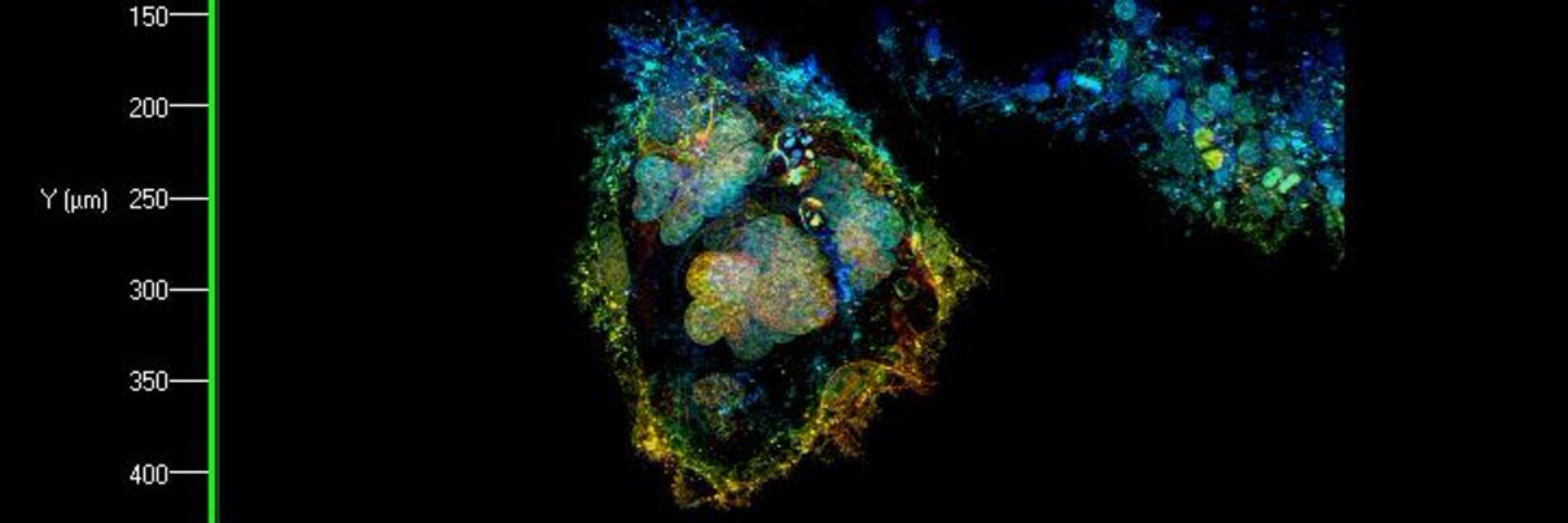
#sclerosteosis #raredisease #drugdiscovery
@brjournal.bsky.social
www.nature.com/articles/s41...

#sclerosteosis #raredisease #drugdiscovery
www.nature.com/articles/s41...
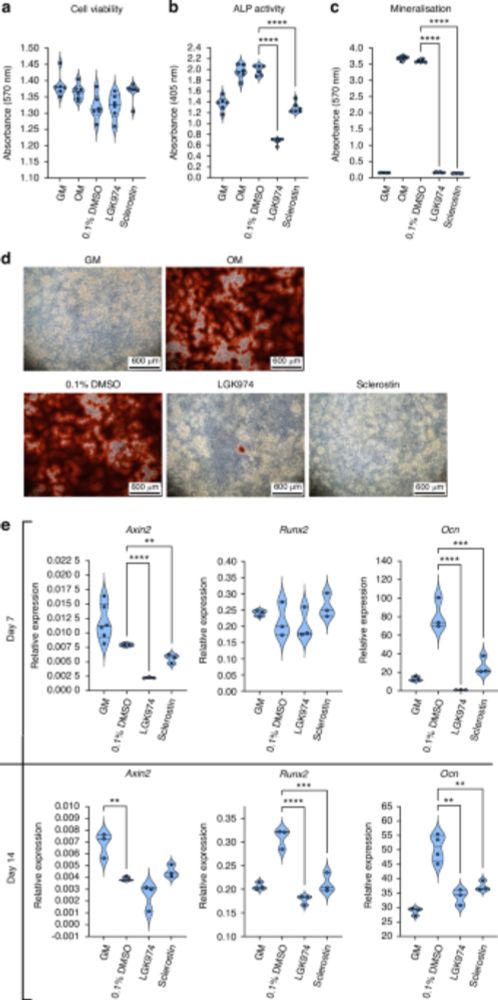
www.nature.com/articles/s41...
Thanks to @farsh-g.bsky.social for all of your support - @thehopefulscie1.bsky.social and all coauthors!
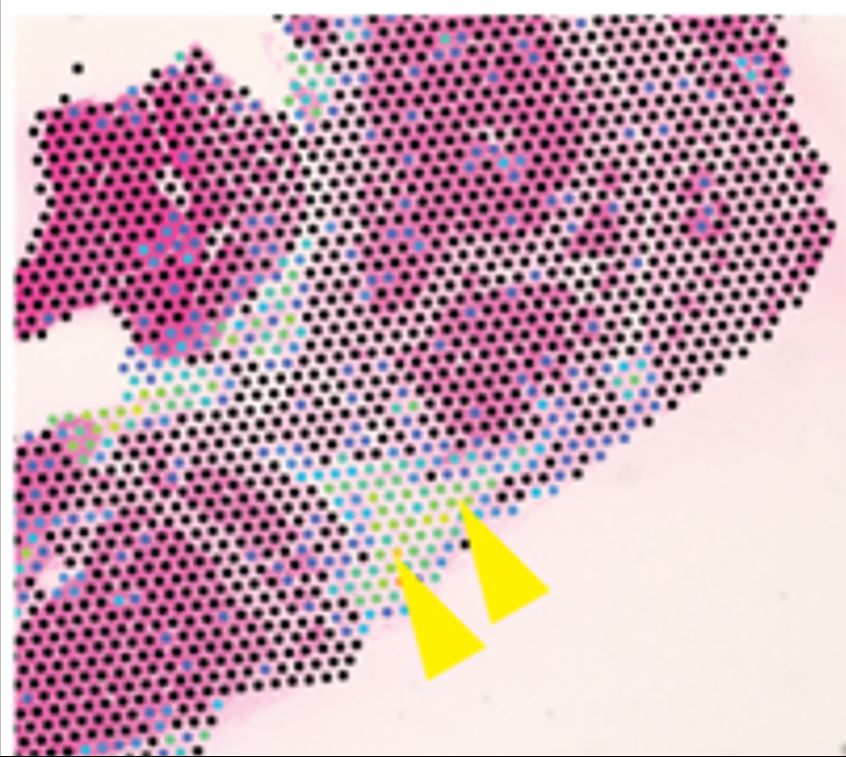
Thanks to @farsh-g.bsky.social for all of your support - @thehopefulscie1.bsky.social and all coauthors!
CYR61 delivery promotes angiogenesis during bone fracture repair.
www.nature.com/articles/s41...
@amilangscience.bsky.social @madhura0327.bsky.social @cpane94.bsky.social @eseidlscience.bsky.social @ricgottardi.bsky.social et al.
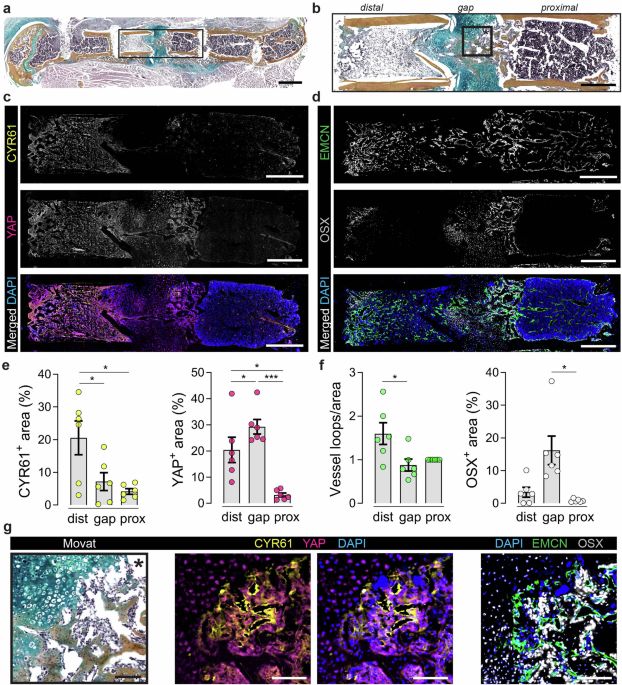
CYR61 delivery promotes angiogenesis during bone fracture repair.
www.nature.com/articles/s41...
@amilangscience.bsky.social @madhura0327.bsky.social @cpane94.bsky.social @eseidlscience.bsky.social @ricgottardi.bsky.social et al.
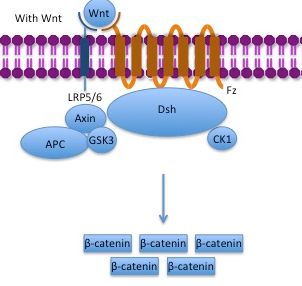
#Bone #Sclerosteosis
Details: doi.org/10.1038/s414...
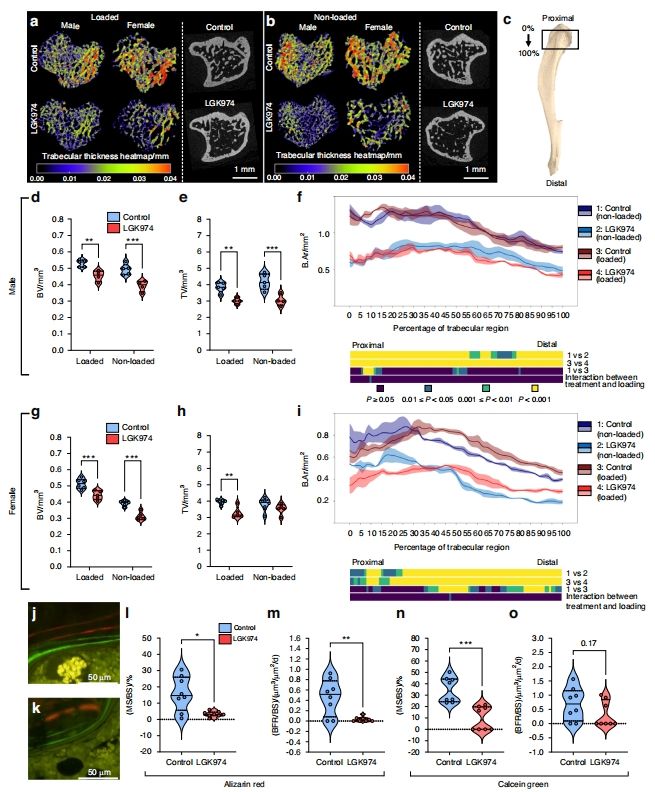
#Bone #Sclerosteosis
Details: doi.org/10.1038/s414...
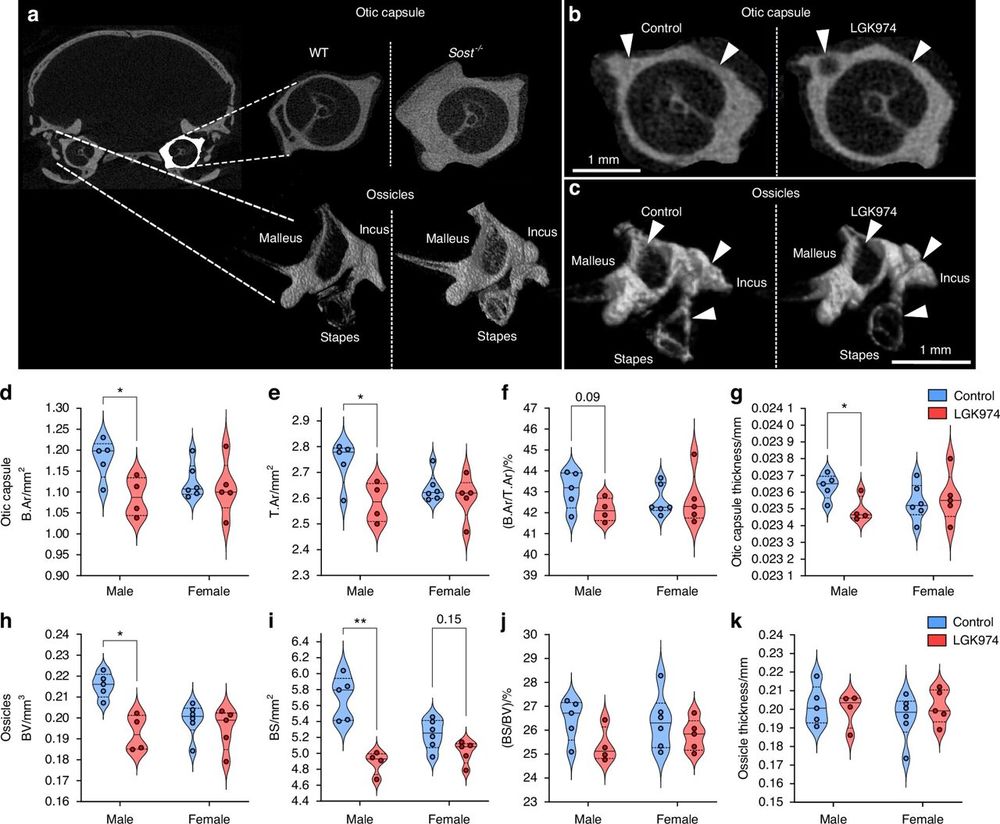
www.nature.com/articles/s41...

www.nature.com/articles/s41...

